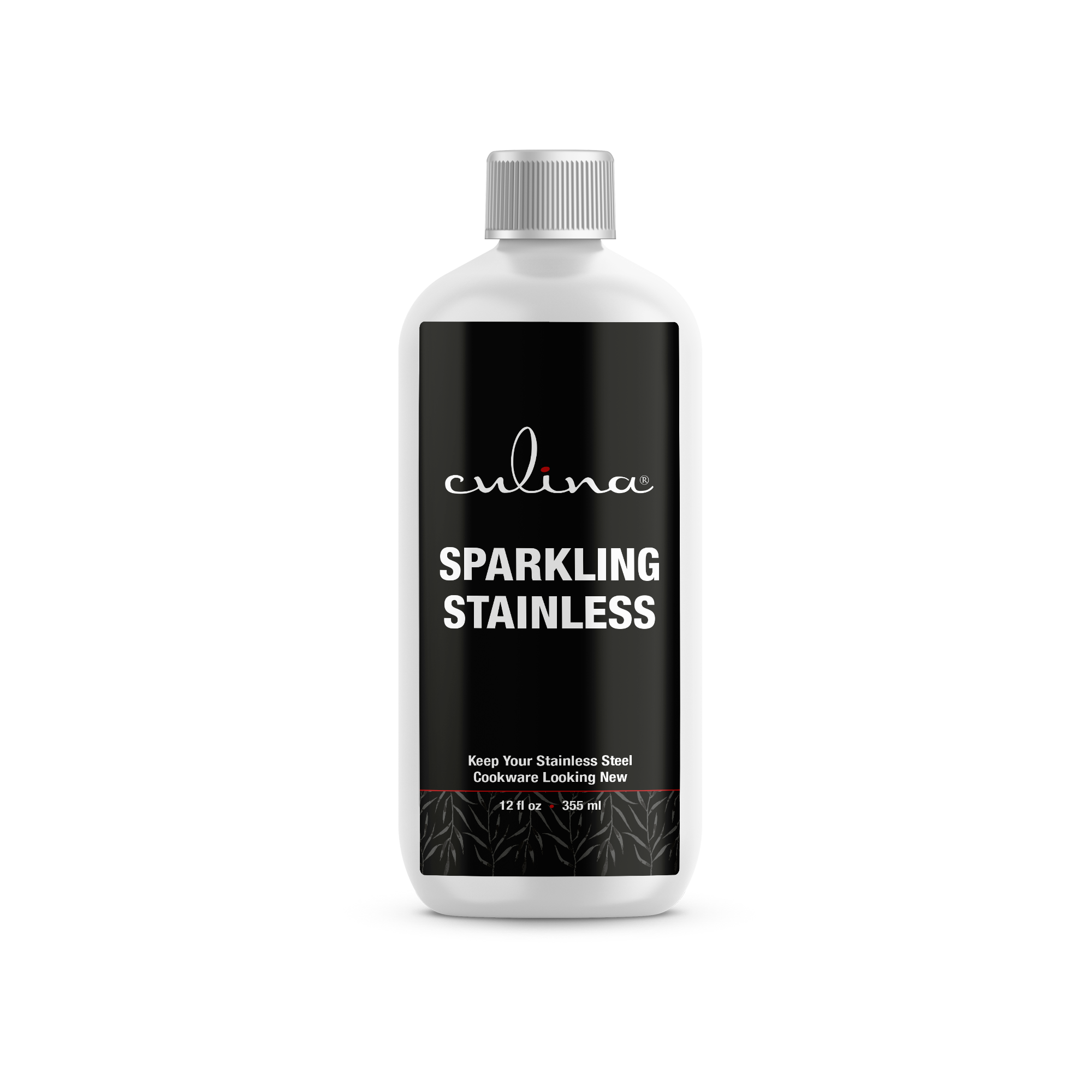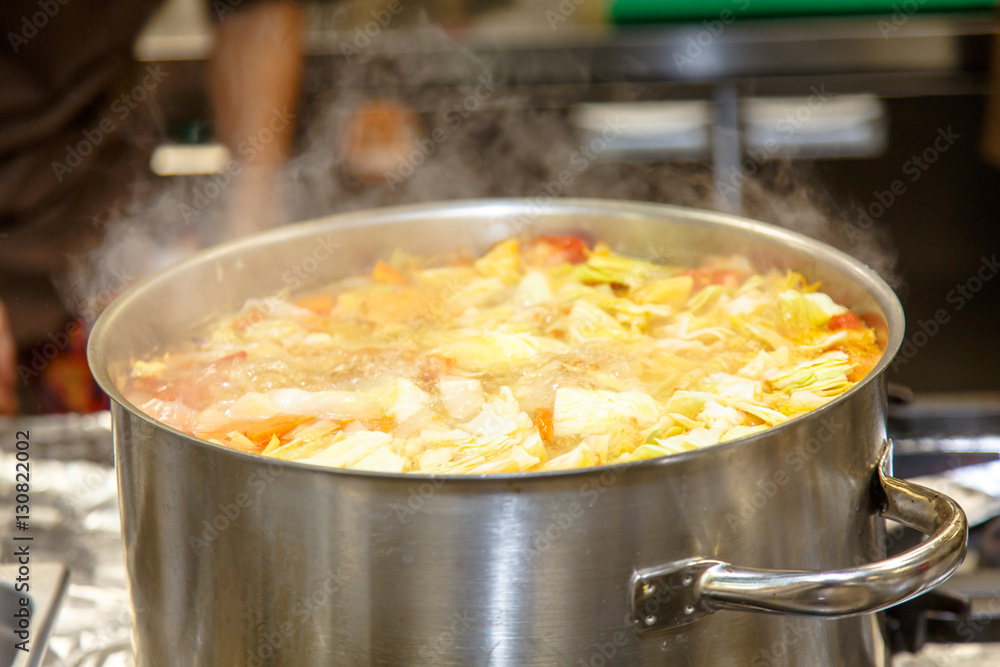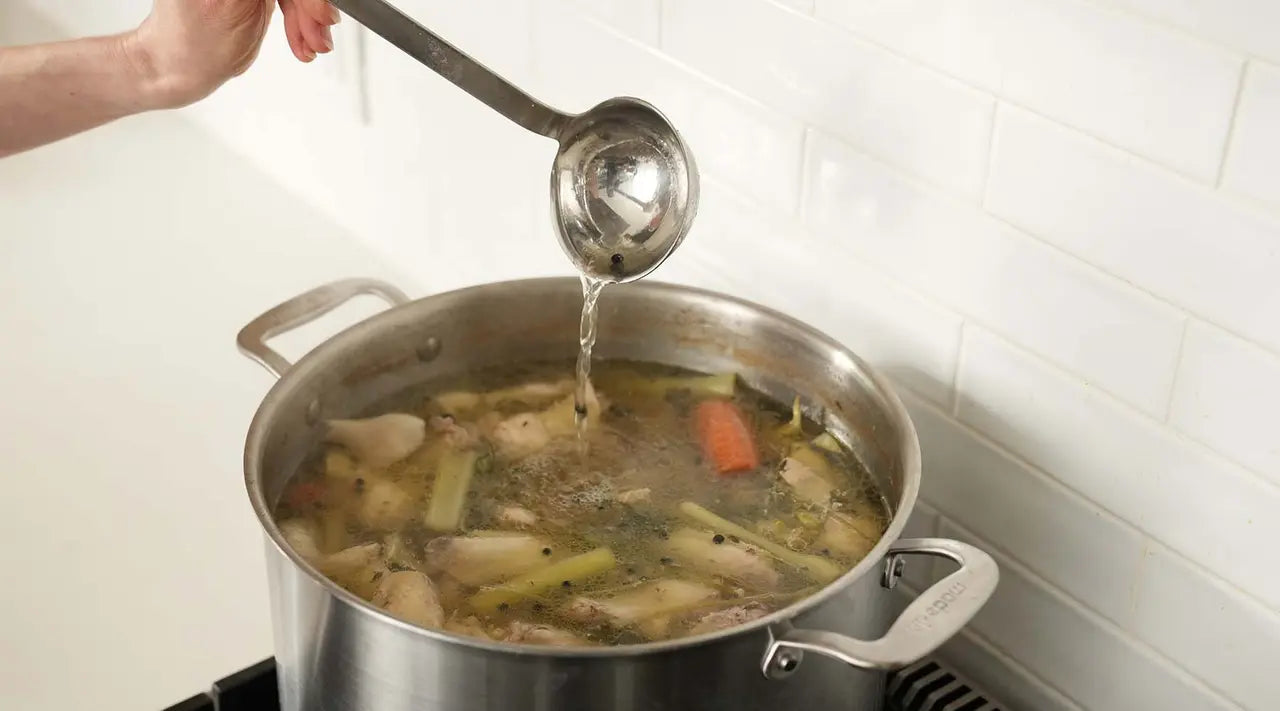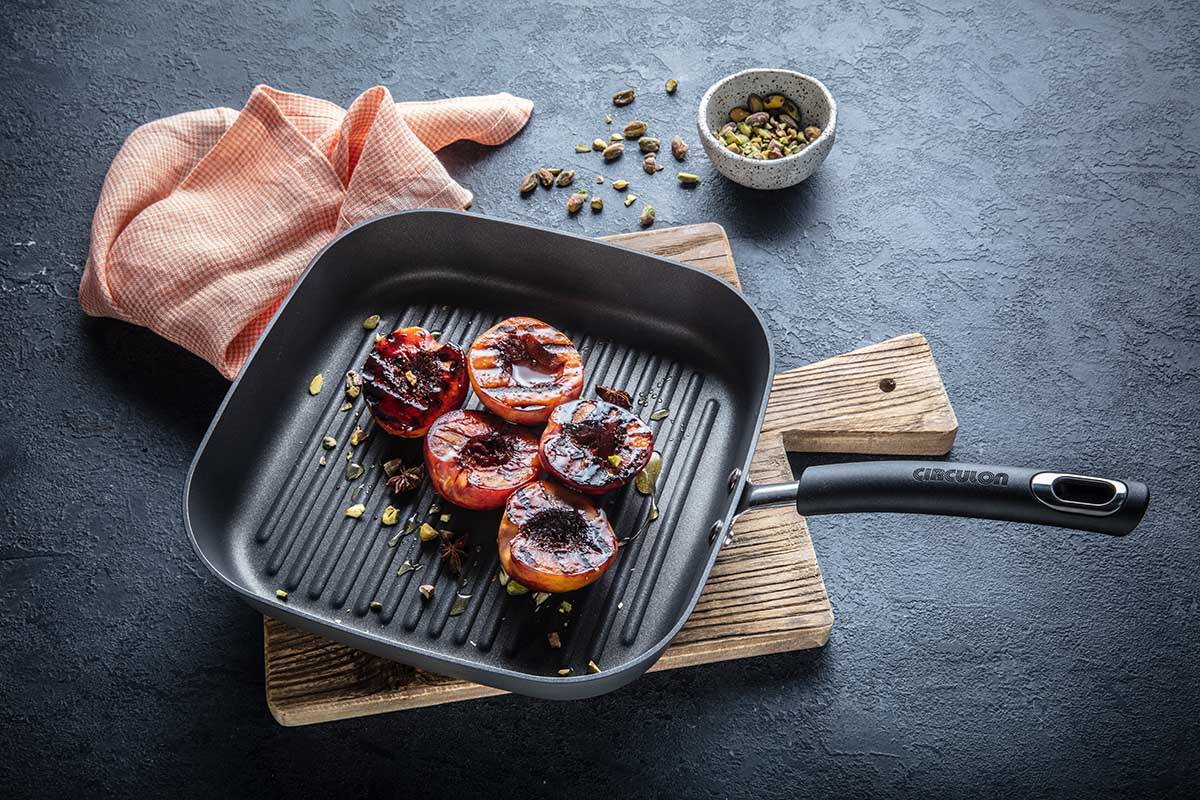When it comes to kitchen essentials, the stock pot is an indispensable tool for any serious chef or kitchen professional. Understanding the nuances of how many cups are accommodated in a stock pot is crucial for effective meal preparation. This guide provides an in-depth look at this seemingly simple question, offering insights that can empower chefs to maximize their cooking endeavors.
As a kitchen professional, you might often find yourself in situations where knowing the capacity of your stock pot can make all the difference. Whether you're simmering stocks for soup or boiling pasta, clarity about measurements is vital for achieving the desired results. So, how many cups in a stock pot?

Understanding Stock Pot Capacities
Stock pots come in various sizes, typically ranging from 8 quarts to an impressive 20 quarts. The conversion often leaves chefs puzzled, especially when theres no volume marking. For a quick reference, here are some common conversions:
- 1 quart = 4 cups
- 8-quart stock pot holds 32 cups
- 12-quart stock pot holds 48 cups
- 16-quart stock pot holds 64 cups
- 20-quart stock pot holds 80 cups

Why Size Matters in Stock Pots
Understanding the capacity of these pots is especially important for kitchen professionals. When catering events or preparing bulk meals, mistakes can lead to disastrous consequences. A pot that is too small can result in overflow, while a pot that is too large can mean an unnecessary increase in cooking time.
To get even more clarity on polices and culinary standards, make sure to check out the stock pot inspections from trusted sources.
:max_bytes(150000):strip_icc()/FAW-MadeIn_StarterSet-FredHardy-1043.jpg-d8c9882057594481ae068ff24f1d3864.jpg)
Types of Stock Pots and Their Uses
Stock pots are not just for making stocks; they can be used for a multitude of cooking tasks:
1. Soup Preparation
When you think of a stock pot, soup may be the first thing that comes to mind. Having a sizable pot allows you to create large batches of your favorite soups, perfect for freezing or sharing.
2. Pasta Cooking
A stock pot is perfect for cooking pasta, especially for large gatherings. Knowing how many cups it can hold ensures you prepare the correct amount without wasting ingredients.
3. Boiling Seafood
For seafood lovers, a big stock pot makes it easier to boil crabs, lobsters, or shrimp in one go. A pot that can hold upwards of 64 cups is ideal for this.
4. Batch Cooking
If you're into meal prep, a stock pot allows you to prepare meals for the week in one go. Learn how to make shrimp stock [here](https://culinacooks.com/blogs/blog/how-to-make-shrimp-stock-in-an-instant-pot) for tasty seafood dishes!

Measuring and Conversion Techniques
To convert quarts to cups without any hassle, remember that multiplying by four is your golden rule. Use the following as a quick guide:
- 4-quart pot: 16 cups
- 8-quart pot: 32 cups
- 12-quart pot: 48 cups
- 16-quart pot: 64 cups
- 20-quart pot: 80 cups
Cleaning Tips for Stock Pots
Maintaining cleanliness is vital, especially in a professional kitchen. Here are a few cleaning tips:
1. Soak the Pot
For stubborn residue, soak your stock pot in warm soapy water for a couple of hours.
2. Use Non-Abrasive Sponges
Always opt for non-abrasive materials to avoid scratches.
3. Dry Immediately
Leave your stock pot to air dry but make sure to wipe it down soon after cleaning to avoid water spots.
Conclusion: The Importance of Knowing Cups in a Stock Pot
Knowing how many cups in a stock pot can significantly enhance your cooking precision, reduce waste, and ultimately lead to a more enjoyable culinary experience. Make informed decisions based on measurements and share this knowledge with your kitchen staff.
FAQs
1. What is the standard size of a stock pot?
The standard size usually ranges from 8 quarts to 20 quarts, depending on your cooking needs.
2. How do I know if my stock pot is too big?
If you're struggling to fill it and find it impractical for your meal prep, it might be too big.
3. Can I use a stock pot on any stovetop?
Most stock pots are designed for gas and electric stovetops, but ensure compatibility before purchasing.
As an Amazon Associate, I earn from qualifying purchases.





Leave a comment
This site is protected by hCaptcha and the hCaptcha Privacy Policy and Terms of Service apply.